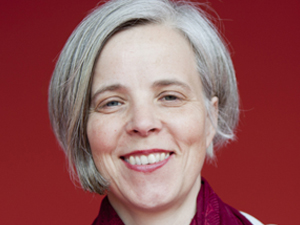Curator: Focus
Focus

A Quiet Resistance
Therese Koppe
»What actually happened to the biographies of the female artists who were educated and trained in the GDR and worked […]
Becoming Black
Ines Johnson-Spain
»In a country where any deviation from its norm was considered an existential threat, the birth of a black child […]
»…now we’re getting our butts kicked by the West, that’s what it looks like. Kids, some are against it, some […]
blueberries – cerne jagody
Maja Nagel, Julius Günzel
»Here we bid farewell and let mourning take place […] If there is an accusation, it will not be voiced.« […]
Coal-Country Song. Gundermann
Grit Lemke
»The coalfields spat us both out. You dug them up once. We wanted to make a difference.« Grit Lemke The […]
Das Haus
Barbara Metselaar Berthold
After the war and various demolition raids, only one building is left standing at Potsdamer Platz directly next to the […]
Der große Gammel
Susann Maria Hempel
The film-maker’s cinematic obituary in memory of the old municipal theatre in her hometown of Greiz. The film material, slides […]
Enemy of the State
Annekatrin Hendel
»I can always see the bloody West-German questions coming a mile off.« Paul Gratzik An angry old man in a […]
From Us To Me
Amber Film & Photography Collective (Ellin Hare, Richard Grassick)
»Asked about the openness and emotional power of the interviews, one of the participants said: ›We’ve been waiting all these […]
Kind als Pinsel (Kooperatorka)
Else Gabriel, Ulf Wrede
The artist’s memories of her childhood in the GDR. Astonishing as it may seem, the title Kind als Pinsel (child […]
Lange Weile
Tina Bara
»I am only interested in the form once everything else is in place. The contradictory. Suspense. Tension. The beauty in […]
my castle your castle
Kerstin Honeit
»I saw my castles fall today And crumble into dust beneath my feet.« –Ray Price, I Saw My Castles Fall […]








